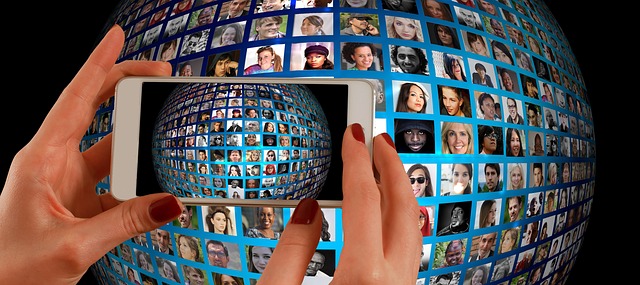Social Media Is Already Exploiting
Some Of What We See In The Circle
The Circle, the movie starring Tom Hanks and Emma Watson, showed a feature called Soul Search, where the network used its extensive resources, in terms of the people that were part of the community, to track someone down and get them arrested. This weekend Twitter enabled a similar feat to be carried out, when pictures of those allying themselves with White Supremacists in Charlottesville were circulated, with calls to identify them, and get them fired from their jobs, amongst other things.
Doxing is the practice of identifying someone and providing personal information about them, and this is, people argue, distinct from that.
Crowdsourcing surveillance, and shaping society through social media has been explored by shows like Black Mirror as well, and the general consensus is that the shift towards it represents stepping onto a slippery slope that lands you neck deep in a dystopia.
The interesting thing is that science fiction is often more of a gauge of what writers are perceiving in their current environment, rather than any kind of prescient text that throws up a map to the future. It’s also a distancing mechanism – you can dress something up in fiction and talk about it without inviting unwanted attention from the powers that be. If you believe a lot of the speculation about the role of the company Cambridge Analytica, and the way that it used reverse-engineered data gathered from tracking software, fed back into keyword-triggered bots designed to cause certain stories to trend, based on experiments carried out by a company with supposed ties to CIA and MI6 psy-ops, affected the election, then we are already there. Not to mention the Russians.
But The Circle is talking about transparency, and the idea that it can be used to up the level of accountability of those in power, and this seems to be something a little more hopeful.
A Road To Transparency Or A Surveillance State?
Again, we won’t talk about how this might work with net neutrality coming into play – imagine that one of the ISPs you use decides that it doesn’t want to support the whole enterprise if it isn’t going in a direction they like, and bang, they might be able to switch all associated traffic into the slow lane. Verizon have already been caught slowing streaming down for some people, so this isn’t an out there concept.
As with anything – the whole thing could swing either way. You have all these big companies trying to control the way the internet develops, and trying to restructure it in a way that makes them more money, whether this is at the expense of anyone’s freedom of expression or not. But if you know anything about asymmetric warfare, there are a lot of people out there using inexpensive tools who can topple the Goliaths of the world.
I am not sure that any of the social media giants currently sitting pretty at the top are going to start marketing their platforms for this kind of use, but the potential is already baked in, and perhaps as drivers of the way we act and think about things, they will spawn imitators who really run with the whole notion that we have in our hands real tools for grass roots change that can take on an ethical dimension and actually be an agent of real social change, rather than the surface engagement apparent in slacktivism or clicktivism.

